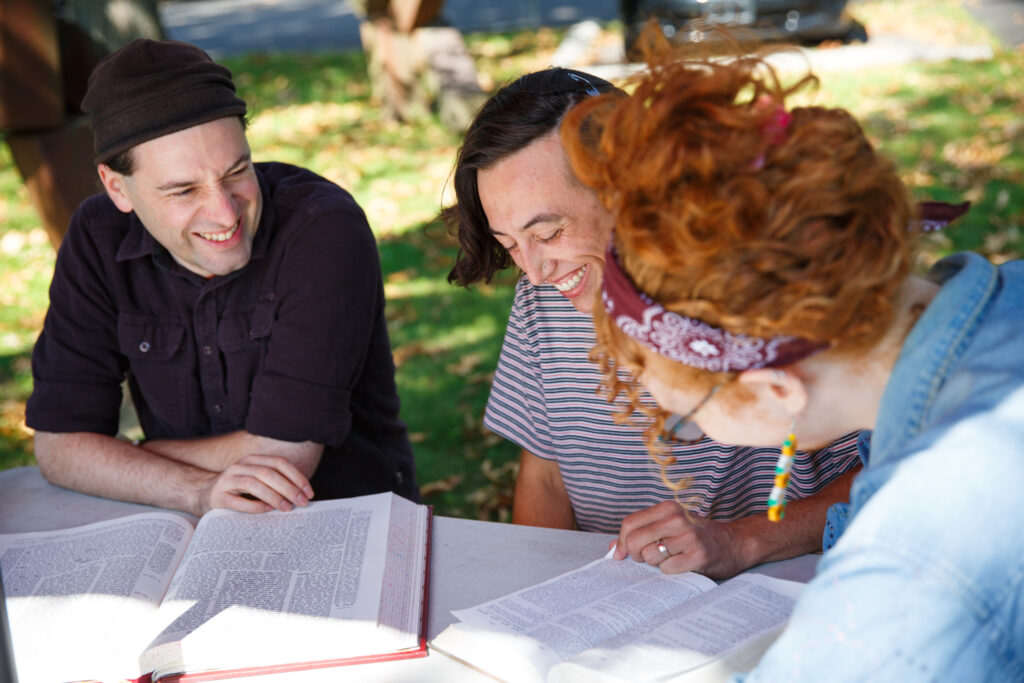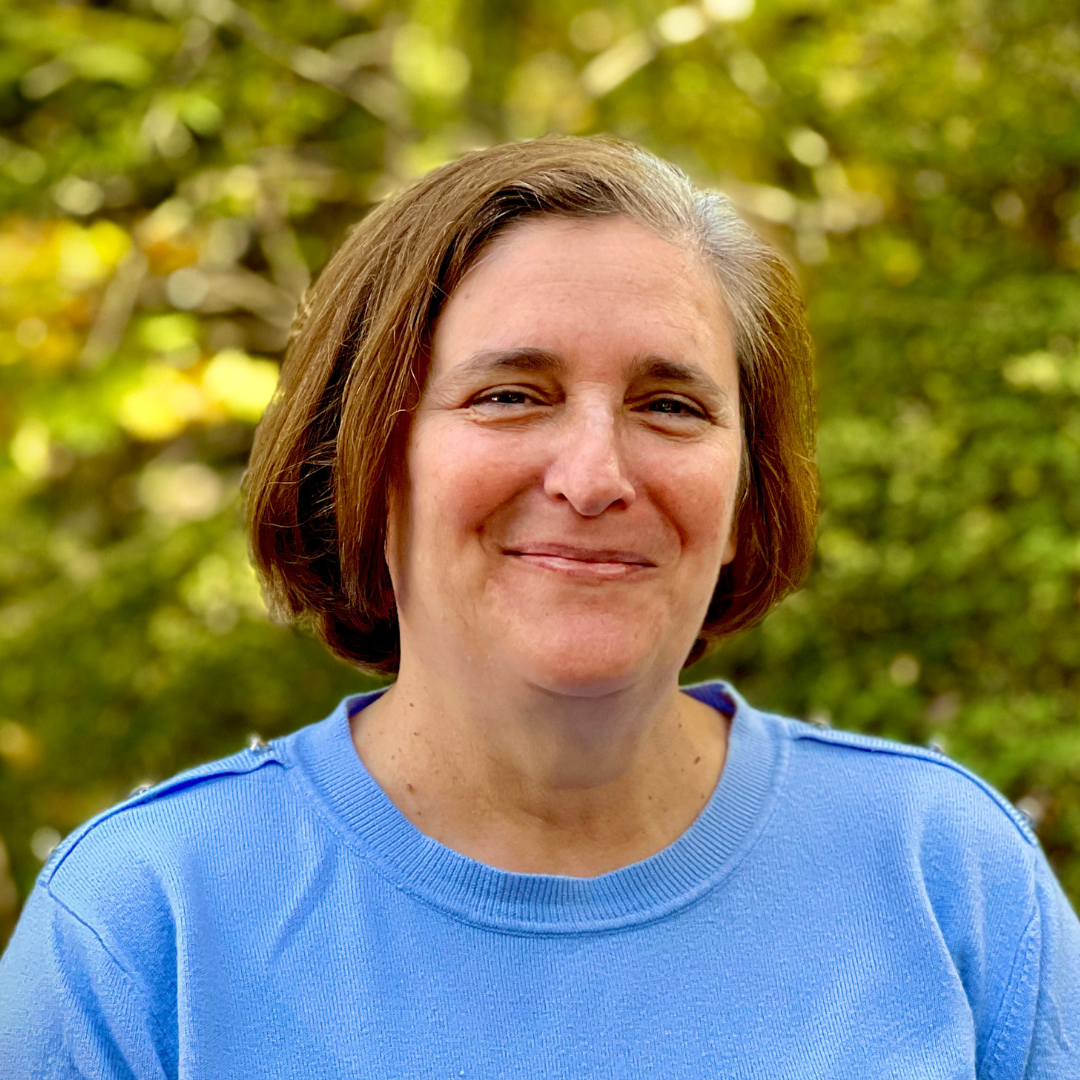שַׁמַּאי אוֹמֵר, עֲשֵׂה תוֹרָתְךָ קֶבַע. אֱמֹר מְעַט וַעֲשֵׂה הַרְבֵּה, וֶהֱוֵי מְקַבֵּל אֶת כָּל הָאָדָם בְּסֵבֶר פָּנִים יָפוֹת
Shammai used to say: make your [study of the] Torah a fixed practice; speak little, but do much; and receive all people with a pleasant countenance. Pirkei Avot 1:15
Immersive, rigorous text study is at the heart of RRC’s rabbinical program. Students build a strong foundation in the classical sources of Jewish tradition, gaining skills in analyzing and interpreting biblical, rabbinic, mystical and philosophic texts in their original languages.
A hallmark of RRC’s core curriculum is the “civilizational approach,” based on Rabbi Mordecai Kaplan’s insight that Judaism is the “evolving religious civilization of the Jewish people.” At RRC, we approach Jewish texts as the record of the Jewish people’s experience and evolving insights about God, the universe, Jewish responsibilities and what makes for a meaningful life.
The first three years in the program are organized as a journey through Jewish history. Students encounter the classical texts of Judaism within the context of the Jewish cultures and society that created and cherished them. We approach Jewish civilization as a culture that is always in interactions with other cultures. Judaism emerges from dynamic encounters between the religious legacies and historical experiences of Jewish people.

Students work with study partners and teachers to unlock the languages and logics of Tanakh, Talmud, Maimonides, the Zohar, and modern Jewish thought. At RRC, a Jewish text is not necessarily limited to volumes on the shelves of the Beit Midrash—we are interested in uncovering the contributions of Jews who did not make it into the central canon. Students also learn to “read” for the breadth of Jewish experiences by learning about material culture: artifacts from ancient cultic sites, mosaics from synagogue floors, the “magic” bowls of Babylonian Jewish households, surviving letters, journals, and records from medieval and modern Jewish communities from across the globe.
Study combines text preparation in hevrutah (study partnership) with instruction from professors. In hevrutah, students share insights as they analyze, interpret, and seek meaning in a text. In small seminars, professors provide historical context and training in a variety of critical methodologies, often sharing insights from their own original research. At RRC, text study is both a means for intellectual growth and a catalyst for spiritual development.
RRC’s core curriculum prepares students for lifelong Jewish learning.






